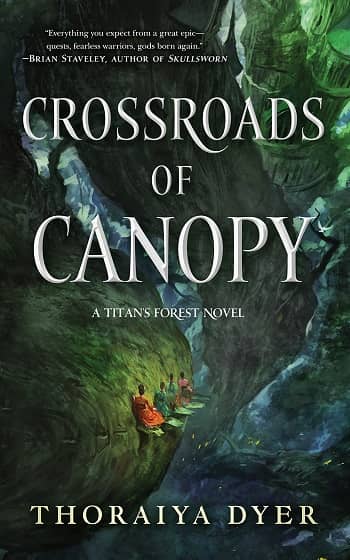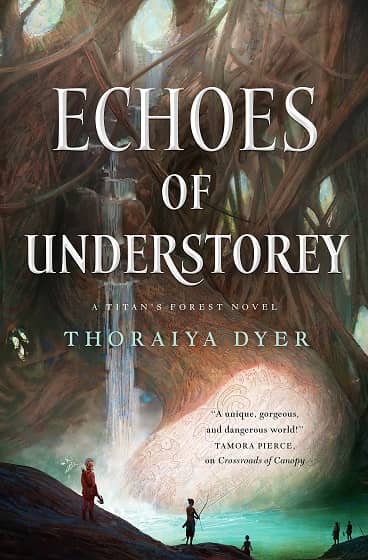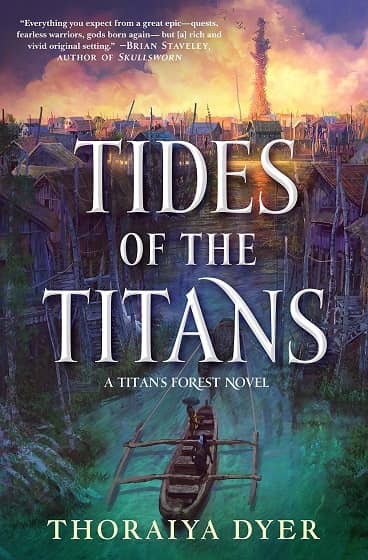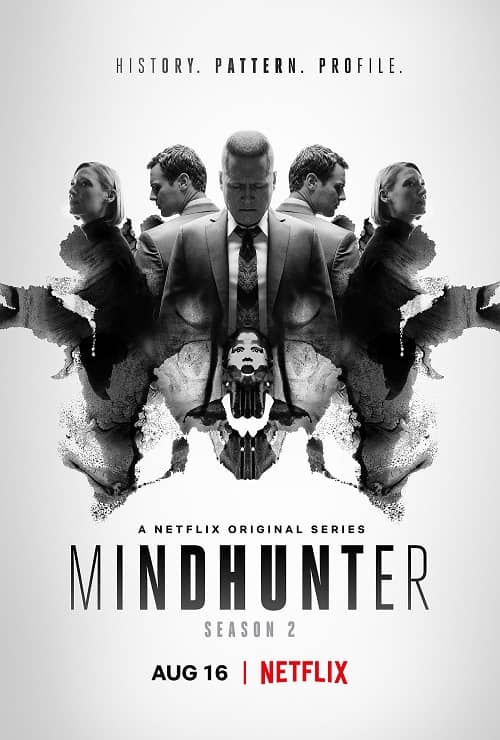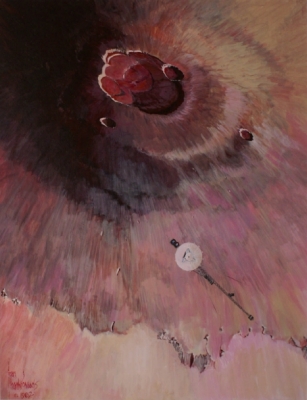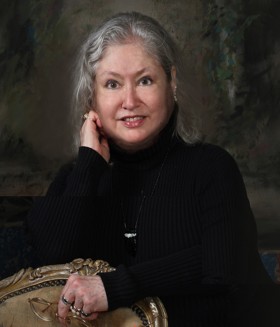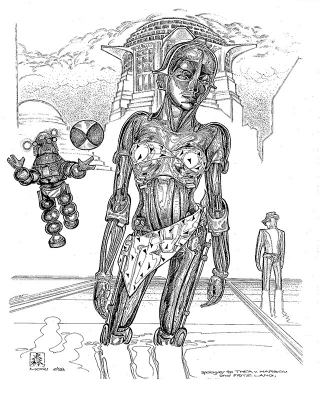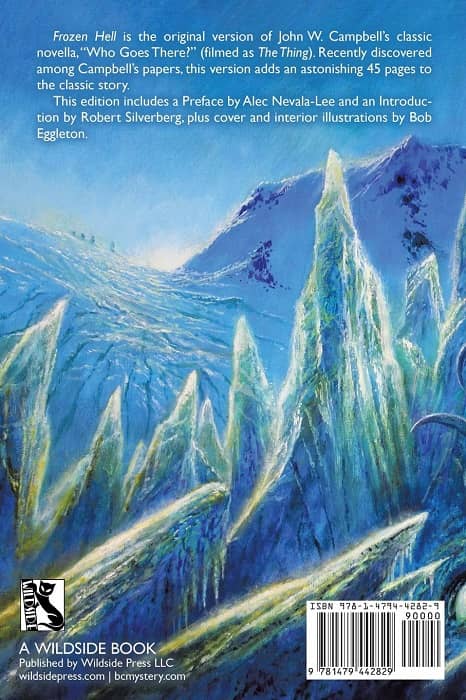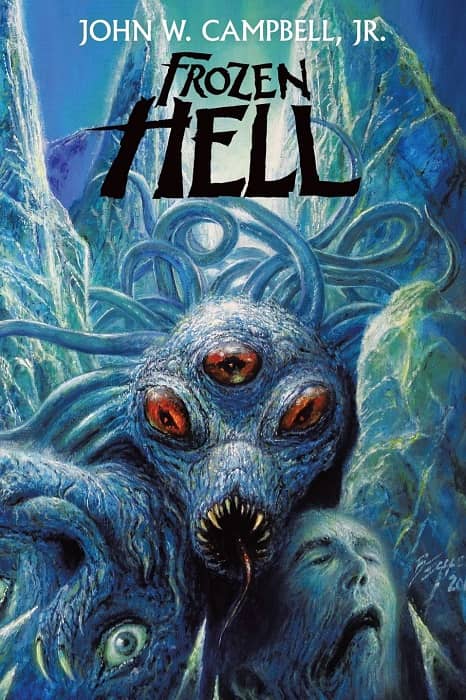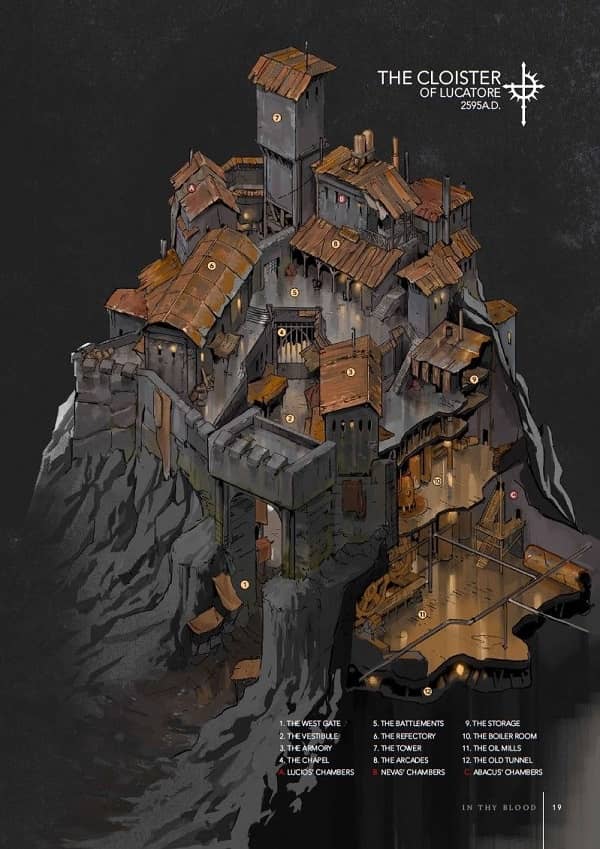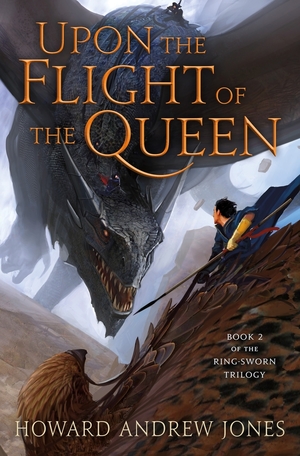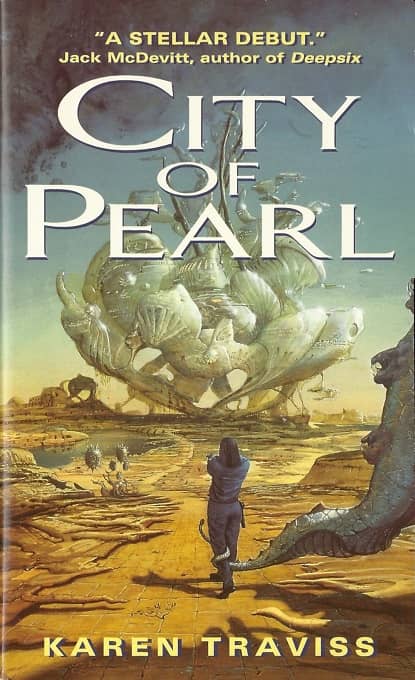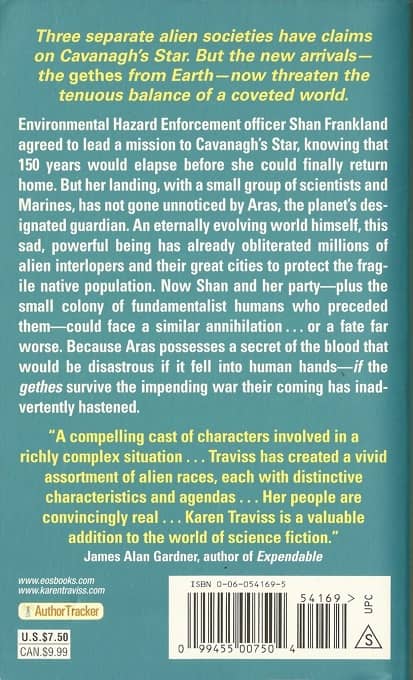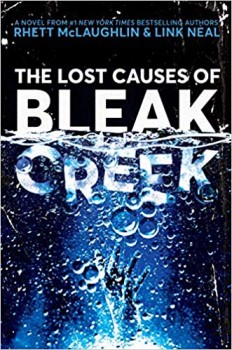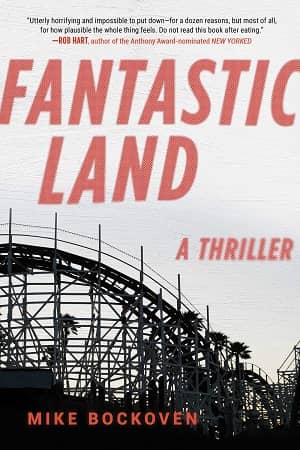A (Black) Gat in the Hand: Will Murray on The Spider
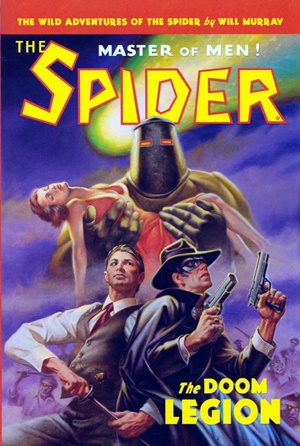 “You’re the second guy I’ve met within hours who seems to think a gat in the hand means a world by the tail.” – Phillip Marlowe in Raymond Chandler’s The Big Sleep
“You’re the second guy I’ve met within hours who seems to think a gat in the hand means a world by the tail.” – Phillip Marlowe in Raymond Chandler’s The Big Sleep
(Gat — Prohibition Era term for a gun. Shortened version of Gatling Gun)
You know, of course, that Will Murray carried on the adventure tales of the Doc Savage – because you read about it here! Will is also carrying on the adventures of another legendary pulp figure – The Shadow. So, he’s making another guest post here in the series. Read on for: Secret Origins of the Spider.
I have to confess that writing The Spider is a completely different experience for me than writing the Wild Adventures of Doc Savage, Tarzan, John Carter, or any of the other classic pulp heroes I’ve been privileged to bring back to life in new novels.
With these other pulp heroes, it’s largely a matter of concocting a logical plot and having the heroes go through their customary pieces, although I seem to have quickly become an accidental king of crossovers since I’ve managed to convince the various license holders to permit me to have a few of them collide, such as Doc Savage and The Shadow, Tarzan of the Apes and King Kong. Most recently, the Spider encountered both Jimmy Christopher of Operator #5 magazine fame and G-8, but without his Battle Aces in my first Spider novel, The Doom Legion. So some of their customary paces are not so customary.
When I acquired a license to the Spider a few years ago, I asked the late Joel Frieman of Argosy Communications about a mystery that had vexed me for a long time. Namely, why did Canadian novelist R.T.M. Scott write only the first two Spider novels, and then give way to Norvell W. Page, who worked under the house name of Grant Stockbridge?
Joel knew Popular Publications founder Harry Steeger and got the answer from him.
Watching the phenomenal sales growth of Street & Smith’s Shadow Magazine, he naturally itched to produce something in that emerging category. But Steeger didn’t want to get sued. So he conferred with his attorney and asked, essentially, how do we do something like The Shadow and not risk an expensive lawsuit?
